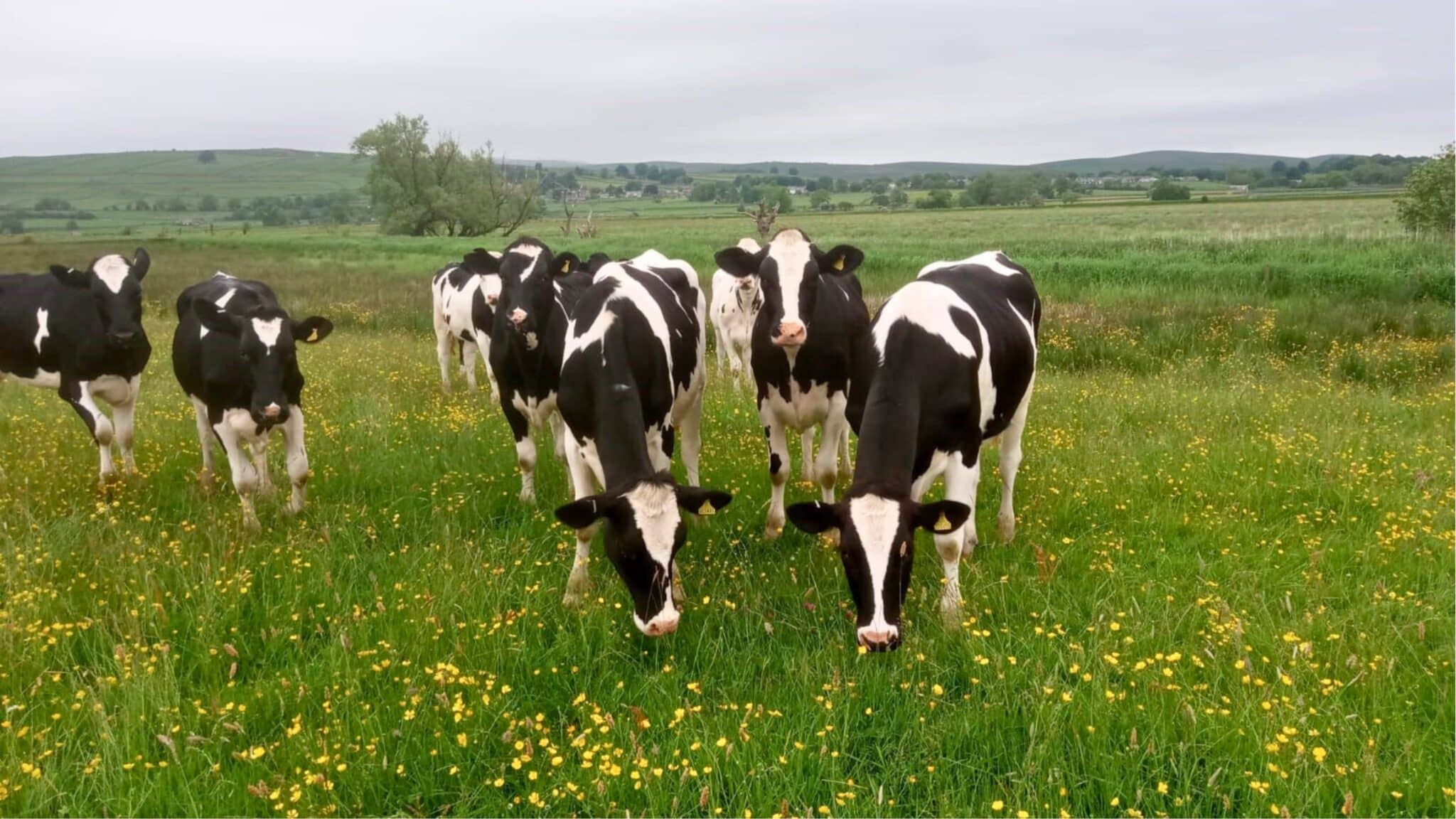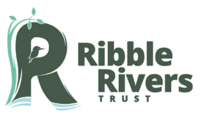
Delivering Farm Advice in Lancashire and North Yorkshire
Farming is such an important part of our heritage especially here, in the Ribble catchment, where most of our land is utilised for agriculture and food production.
It’s also an important part of our local and national heritage. Over many centuries farming has shaped the landscape that we know and love today. From the rolling hills of the Bowland Fells and the expansive North Yorkshire moors, all the way down to the rich and fertile coastal land south of the Ribble.
However, it’s also an industry that has changed dramatically. In the years following the Second World War the countryside faced a revolution as our farmers were incentivised to produce more food, more efficiently. Now, we’re facing a new agricultural revolution, with farmers and landowners being encouraged to incorporate spaces for nature into their farmland for the benefit of people, and the planet. Luckily, we’re here to help deliver farm advice across Lancashire and North Yorkshire!
Our farm advice team

Like the rest of the Ribble Rivers Trust team, the land management team has grown rapidly. Our four dedicated farm advisors and three woodland officers deliver farm advice across 190,000ha of river catchment. As you might imagine, they’re a really important part of our work. These farm advisors, who are all from agricultural backgrounds, have a genuine understanding of how these businesses work both in theory, and in practice.
Because of this, they are ideally placed to visit farms and work with the landowners to find opportunities for environmental improvements which will provide a boost to the farm business, as well as wildlife. Plus, they often come across other opportunities for wetlands, woodlands, fish passes, leaky dams, and other river restoration work. Our other teams can then develop these opportunities into projects.
what does a farm visit involve?
One of the first things our team do when they visit a farm is talk to the farmer about their business, their land, and how they want the future of their farm to look. We’ll then have a walk around the land, looking at opportunities from something as small as drinking water troughs and drains, to woodlands, wetlands, and leaky dams. Our team call these Pinpoint visits.
The list of things we can help with are pretty much endless! But some of the things we look at include managing animal manure, slurry, and fertiliser. This part of the business is pricey and labour intensive. However, our solutions can help reduce storage and handling costs, optimise slurry and fertiliser application for improved yields, and reduce the risk of water pollution.

We can also look at farm infrastructure including livestock buildings, clean and dirty water separation, roofing, fences and feeding or drinking areas. This helps save time and money, improves herd health, and helps protect other, more productive, areas of farmland from damage.
Our FACTS qualified advisors also look at the management of soils and cultivation techniques. After all, without good soil, you can’t grow good grass or crops. Good soil management and knowing when to work the land, and when to avoid it, improves yields by improving the soil structure, reducing waterlogging, reducing pollution run off, reducing crop damage, providing more diverse habitats and food sources for wildlife, and helping to capture carbon.
What are the benefits for water?

Of course, our main goal is to improve our rivers. So, one of our main focuses is water management. Water is essential to any farm business whether it be for drinking, irrigating crops, or simply keeping everything clean and tidy. One of the things of farm advisors try to help with is finding ways to hold onto water wherever possible. This could be through water efficiency measures, recycling water and rainwater, and reducing leaks or wastage.
Erosion management is another factor to consider. Whilst it is a natural river process, some man-made factors can cause severe erosion from further upstream. Our team can try and reduce soil and land loss whilst protecting habitats, reducing water pollution.
Another option we try to explore is Natural Flood Management (NFM). NFM refers to the use of natural processes to reduce the risk and severity of flooding and coastal erosion. This can involve both land management and water course interventions to reduce the force and flow of flood events through creating woodlands, improving soil infiltration, improving drainage, creating temporary wetlands, and reducing run off. It also has a secondary benefit of improving and creating new habitats for wildlife, capturing carbon, and reducing water pollution.
is there a benefit to farmers?
After each farm visit our team create a report. The report explains how and where to make improvements, and signpost farmers to funders who can potentially help cover the costs of the work.
This is especially important with the transition towards stewardship payments which are more focused on ‘public money for public goods’ in comparison to traditional land-based payments. In fact, in some cases our team can even help to develop applications and deal with the claims process. Plus, some schemes, such as woodland creation, provide annual payments which act as compensation for the loss of productive land. Many farmers then use these payments to invest in other areas of the business.

So, if you’re a farmer or landowner that is based in Lancashire or North Yorkshire, and you’d like to learn more, give us a call on 01200 444452 and ask to speak to one of the farm advice team or visit our catchment page to see if you fall within our area.

